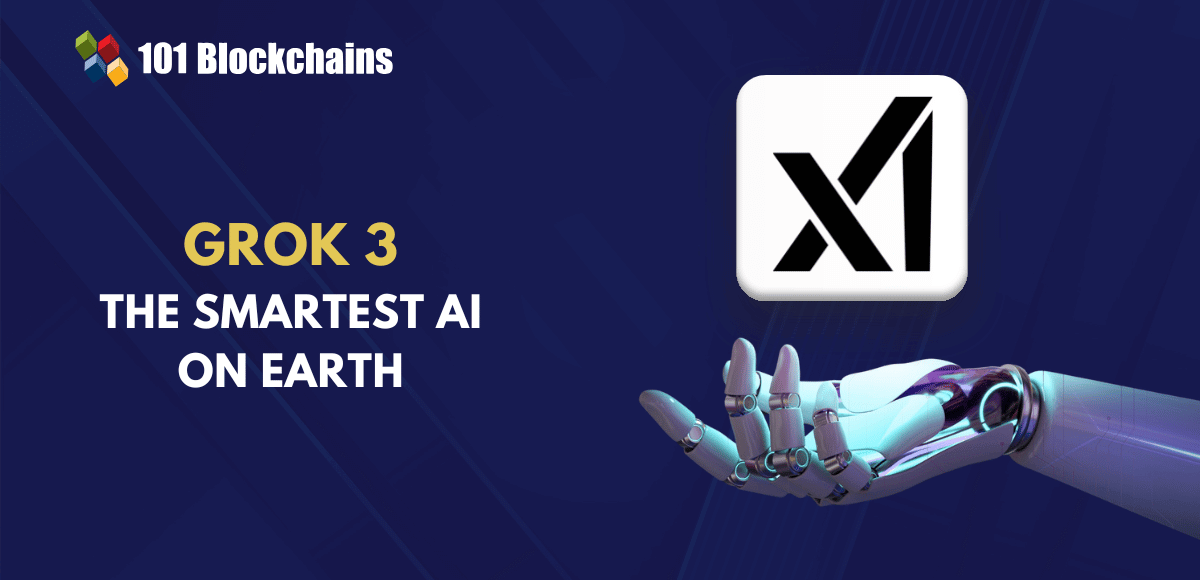Wealth Management Transformation: The Impact of Generative AI

Cambridge economist Mohamed El-Erian highlights the dual impact of generative AI on asset management, job creation and replacement forecasting, and highlighting the need for businesses to adapt.
Mohamed El-Erian, advisor to Allianz and Gramercy and president of Cambridge Queens’ College, highlights the transformative impact generative AI (Gen AI) is expected to have on the wealth management sector. Through detailed research, he explains how Gen AI is driving the elimination and creation of employment opportunities and provides a detailed perspective on its ability to transform practices within asset management.
At the heart of technological advancement, Gen AI is driven by increased computing power, massive data collection, increased expertise, and significant investments. These factors are paving the way for unparalleled disruption and possibility in wealth management and other areas. Early adopters of Gen AI are already seeing improvements in operational efficiencies, client interactions, and cybersecurity measures.
The impact on the industry’s workforce is significant. Gen AI improves employee performance, freeing employees to focus on higher-value work by automating routine activities and enhancing cybersecurity. These changes will require a workforce skilled in AI technologies, increasing the need for engineering skills and changing the landscape of job requirements.
El-Erian expects Gen AI to expand to complex tasks such as asset allocation, model portfolio construction, security selection, and risk management. These advancements are expected to create new asset categories and tailored investment approaches by leveraging untapped data within the industry.
However, this journey is not without obstacles, including technical glitches, expertise gaps, and regulatory unknowns. The different technological environments of China and the United States add to the complexity and create challenges for the countries in between.
El-Erian suggests that the wealth management sector will experience significant change, with a trend towards a mix of large and specialist firms. Midsize businesses and those that are slow to adopt Gen AI may face significant challenges, potentially leading to mergers or becoming irrelevant. These changes highlight the critical role Gen AI will play in determining the future landscape of the industry.
He urged both companies and regulators to recognize and address the impactful capabilities of Gen AI. Experiences in wealth management today reveal far-reaching implications for finance, healthcare, and beyond, positioning Gen AI as a key driver in the evolution of the economic landscape.
Image source: Shutterstock



